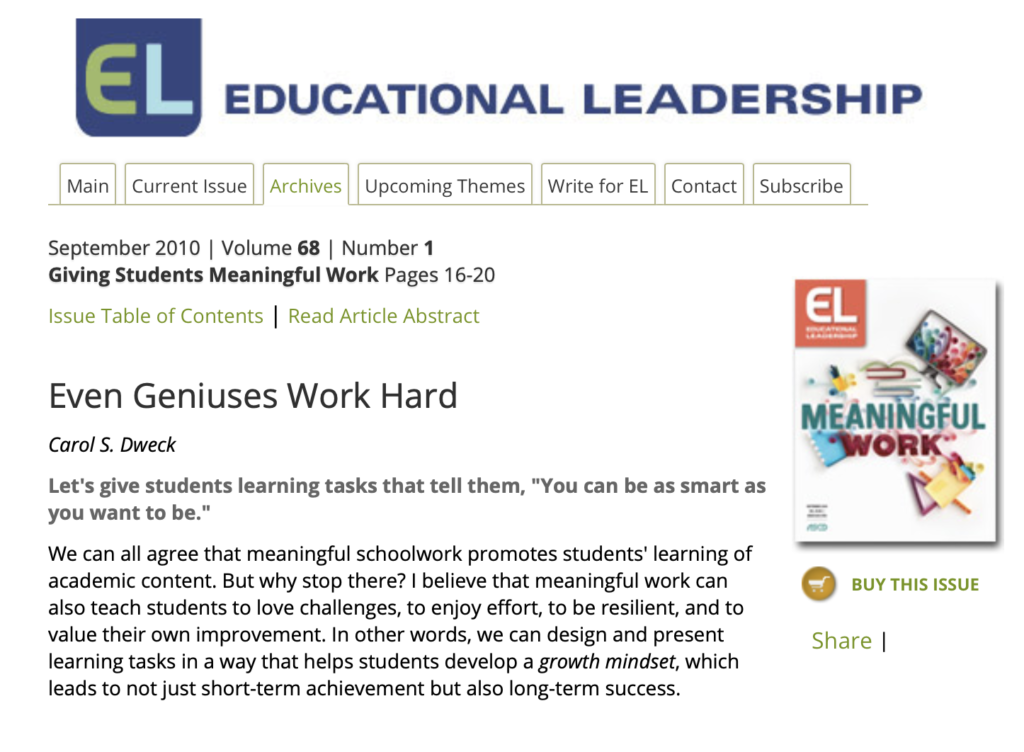Considering that recognizing your learner’s preparedness for learning is crucial to effective instruction and learning, the following information can be very helpful in understanding just where our current students are at, what they have grown to expect and what they take for granted. All educators should look to these sorts of list and other cultural indicators to help understand just who is in their classroom and what their needs and expectation are.
The following excerpt was taken directly from the Beloit College Mindset List for the Class of 2013:
Each August for the past 12 years, Beloit College in Beloit, Wis., has released the Beloit College Mindset List. It provides a look at the cultural touchstones that shape the lives of students entering college. It is the creation of Beloit’s Keefer Professor of the Humanities Tom McBride and Public Affairs Director Ron Nief. The List is shared with faculty and with thousands who request it each year as the school year begins, as a reminder of the rapidly changing frame of reference for this new generation.
Students entering college for the first time in the fall of 2009 were generally born in 1991.
- For these students, Martha Graham, Pan American Airways, Michael Landon, Dr. Seuss, Miles Davis, The Dallas Times Herald, Gene Roddenberry, and Freddie Mercury have always been dead.
- Dan Rostenkowski, Jack Kevorkian, and Mike Tyson have always been felons.
- The Green Giant has always been Shrek, not the big guy picking vegetables.
- They have never used a card catalog to find a book.
- Margaret Thatcher has always been a former prime minister.
- Salsa has always outsold ketchup.
- Earvin “Magic” Johnson has always been HIV-positive.
- Tattoos have always been very chic and highly visible.
- They have been preparing for the arrival of HDTV all their lives.
- Rap music has always been main stream
- …
To read all 75 items please proceed to the full Mindset List for the Class of 2013

































